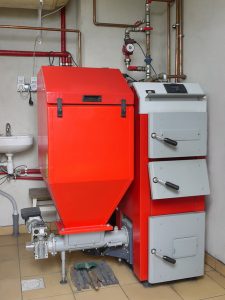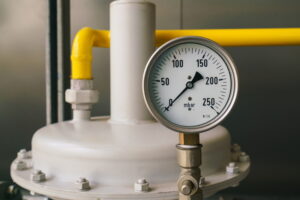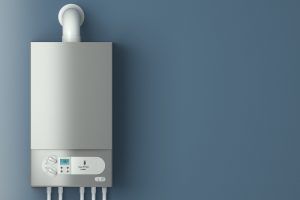As temperatures drop and your boiler becomes the heart of your home’s heating system, it’s crucial to ensure it’s functioning properly. A well-maintained boiler keeps your home comfortable, but when it starts showing signs of trouble, it’s essential to act quickly. Ignoring warning signs can lead to costly repairs or even a complete system breakdown. We’ve compiled a list of common warnings that signal you need professional boiler repair in Bergen County, NJ.
- Recent Projects
-
Air Conditioning
- Air Conditioning Installation
- Air Conditioning Replacement
- Air Conditioning Maintenance
- Air Conditioning Repair
- Carrier Air Conditioners
- Trane Air Conditioners
- Custom Ductwork
- Thermostats
- Zone Control Systems
- Air Conditioning Tips
- Air Conditioning FAQs
-
Commercial Services
- Commercial Heating & Air Conditioning Installation
- Commercial Heating & Air Conditioning Replacement
- Commercial Heating & Air Conditioning Maintenance
- Commercial Heating & Air Conditioning Repair
- Carrier Commercial HVAC Systems
- Trane Rooftop Units
- Trane Packaged Air Conditioning Units
- Energy Management
- Building Controls
-
Heating
- Heating Installation
- Heating Replacement
- Heating Maintenance
- Heating Repair
- Furnaces
- Furnace Installation
- Furnace Replacement
- Furnace Maintenance
- Furnace Repair
- Carrier Furnaces
- Trane Furnaces
- Heat Pumps
- Boilers
- Hot Water Boilers
- Steam Boilers
- Peerless Boilers
- Custom Ductwork
- Thermostats
- Zone Control Systems
- Oil to Gas Conversion
- Heating Tips
- Heating FAQs
-
Ductless Mini Splits
-
Indoor Air Quality
-
Maintenance
-
About Us
-
Contact Us



 Are you one of the many homeowners who rely on one of the most dependable heating systems around? That’s right, we’re talking about the boiler. Since boilers have fewer moving parts than their furnace or heat pump counterparts, they accumulate less wear and tear, and in general last longer as a result.
Are you one of the many homeowners who rely on one of the most dependable heating systems around? That’s right, we’re talking about the boiler. Since boilers have fewer moving parts than their furnace or heat pump counterparts, they accumulate less wear and tear, and in general last longer as a result. We’re getting to the end of winter now, but we have a few weeks of cold weather left before getting into air conditioning season. If you’re relying on a boiler to keep your home warm through the rest of the winter, you should make sure that it finishes out the season in the best possible shape. Follow the tips below to keep your boiler in good condition.
We’re getting to the end of winter now, but we have a few weeks of cold weather left before getting into air conditioning season. If you’re relying on a boiler to keep your home warm through the rest of the winter, you should make sure that it finishes out the season in the best possible shape. Follow the tips below to keep your boiler in good condition.